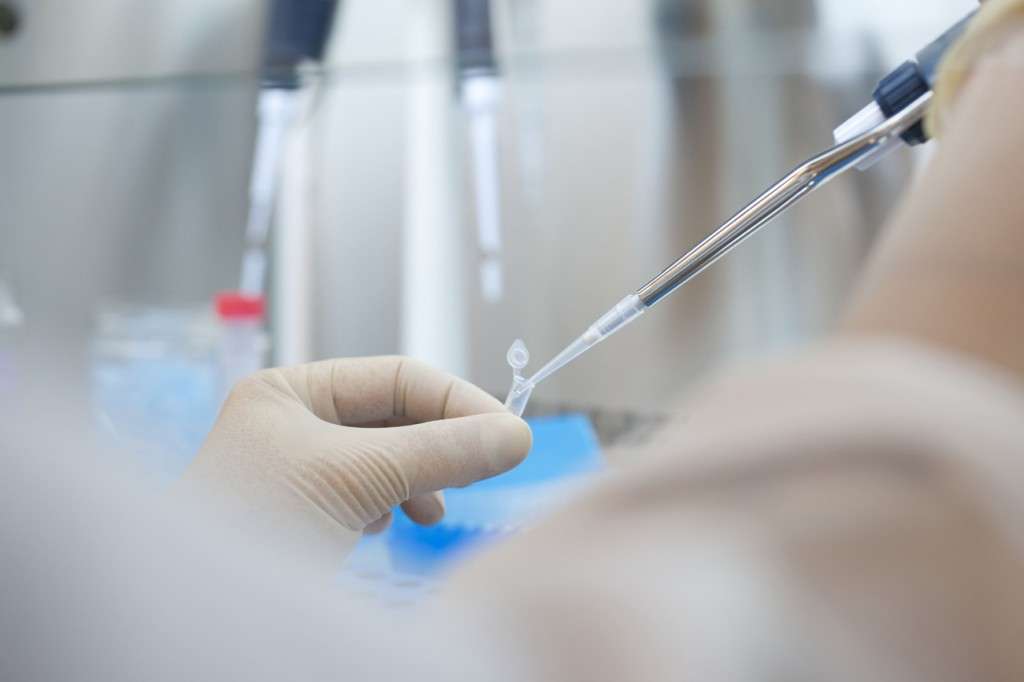The Mark53® Analysis
The most diverse p53 tests have thus far been employed worldwide, delivering results that are not very precise and are at times conflicting. Until now, there has been no such thing as a standardised, clinically evaluated p53 gene test. This important hurdle has now been overcome in the clinical studies at the Medical University of Viennaheaded by Univ. Prof. Dr. Daniela Kandioler. Through the development of a highly sensitive gene test, the Mark53® analysis, reproducible, precise results are now available for the first time. The Mark53® analysis was thus the basic prerequisite for the successful testing of the p53 biomarker in clinical studies.
What is it that distinguishes the Mark53® analysis from other p53 gene tests?
- Clinically tested: The analysis has already been successfully employed in numerous Mark53 clinical studies With the aid of the Mark53® analysis it has been possible to clarify the link between the p53 marker and the response to cancer therapy.
- Patient friendly: Any kind of tumour material may be employed for the Mark53® analysis. The analysis is especially suited to the routinely available FFPE material (formalin fixed paraffin embedded). As a result it is not usually necessary for an additional intervention to be performed for the extraction of tumour material.
- Sensitive & specific:By means of a special procedure – that of gene-specific sequencing – the Mark53® analysis offers the utmost precision in the recognition and evaluation of changes in the p53 gene.
- One gene profile: One gene is analysed in the Mark53® analysis. The result characterises tumours as either mutated or normal. Clinical effects (of great benefit or no benefit through a chemotherapy) can therewith be clearly assigned a specific gene profile. By way of contrast, statistically clear correlations may only be achieved with difficulty in the case of multiple gene profiles.
